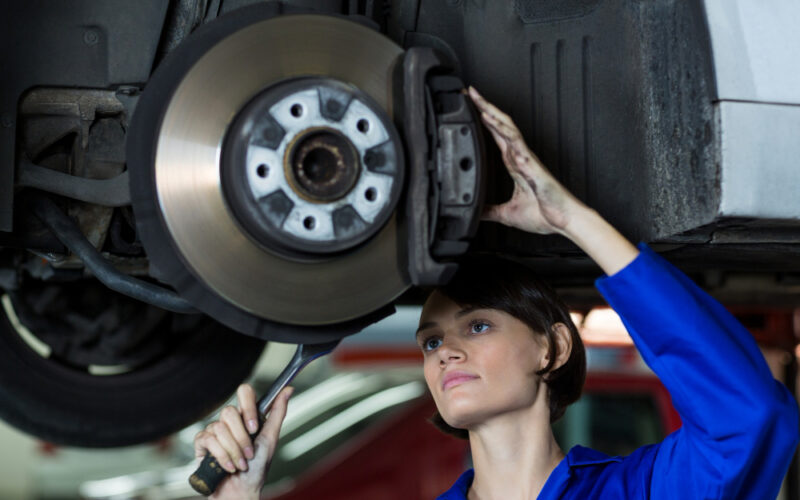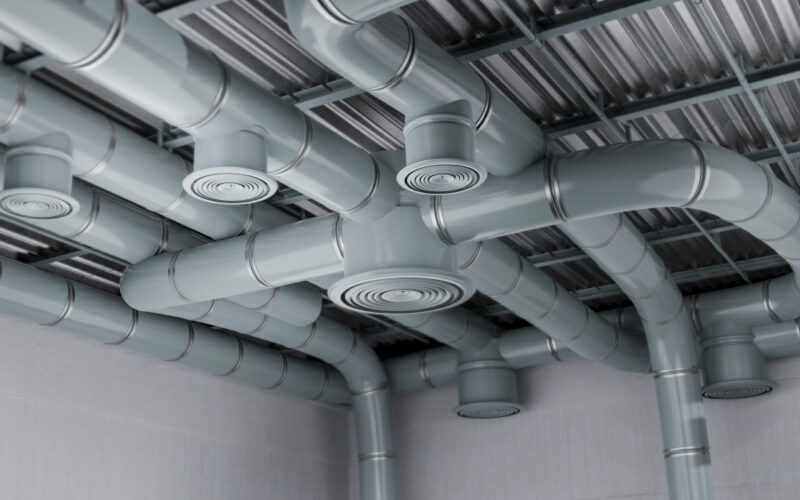
Brake systems are a vital part of nearly every vehicle today. Even a minor issue in the crucially important brake system may put you at serious risk. A significant element of safe driving is a proper and effective braking system. Brake systems consist of several components that work together to stop the car safely so it doesn’t hurtle out of control. If these parts are not in an excellent working condition, drivers may feel reduced braking power or experience a delay while stopping the car. And with drivers travelling faster than ever before, any amount of reduced or delayed braking ability can be hazardous.
It also depends on your driving and the conditions that prevail and shows the signs that your car needs new brakes. So, let’s learn about the most common signs that indicate it’s time to replace your brakes and then look for a VW mechanic in Melbourne.
7 Common Signs Your Car Needs New Brakes
To answer how to know if your car needs new brakes, let us look at the list of the indicating signs that you need new brakes.Thin brake pads
You can inspect the thickness of your brake pads by checking the distance between the outside edge of each brake pad and the rotor. If at least 1/4 inch of material is still in place, you are fine. However, if less than 1/4 inch remains, it is best to take your car to a car maintenance shop before your brakes fail and cause damage to your vehicle or put yourself in danger.Warning lights
By neglecting to address a warning light in your car, you could be putting yourself and other drivers at risk. Don’t delay if the anti-lock braking system warning light comes on: You are running low on brake fluid, which likely means there is a leak somewhere in your car. If this issue is addressed early enough, it is easy to fix; however, your car’s brakes could stop working entirely if it goes too long without being checked.Squeaking noises
Many vehicles have a metal strip installed near the pads for easy inspection. If you hear a high-pitched sound when you apply the brakes, this is a sign that your brake pads are damaged and need replacing. If you feel grinding under your foot when using the brakes, your pads are completely worn out. It’s dangerous to drive with worn-out brakes, so if they’re getting thin, take your car to a mechanic as soon as possible.Loose pedal
If your brake and brake pedal go down much more easily than usual, it may be due to the brake fluid leak or air in the brake lines. Either way, it’s essential to correct this problem so your mechanic can identify and repair it. Sometimes after braking and experiencing a loose pedal, you may find that the brake pedal stiffens up. It indicates that all may not be well with your vehicle’s brake system, and you should bring it in for maintenance.Insufficient brake fluid
If you press the brake pedal to the floor and the brakes fail to respond, it may be because there is no brake fluid in the braking system. Brake fluid improves the life of your braking system and allows each component in the system to move smoothly. If there is no brake fluid, your brakes will eventually become damaged and need replacement. Top up the brake fluid if you do not see any in your reservoir with DOT-approved brake fluid. If you are losing fluid constantly, there may be a leak that needs to be fixed immediately.Stuck calliper
When a calliper is stuck, it may lead to the brakes being stuck, resulting in the car’s unalignment while you apply brakes. You should have your callipers checked and serviced immediately in such a scenario. A stuck calliper may be due to worn-out tires, poor alignment of wheels or could be due to a faulty suspension. A stuck calliper also depletes brake pads faster.Unusual vibrations
If your car vibrates while driving, it may not mean that your vehicle is unsafe. However, if your entire car shakes when you apply the brakes, there could be a severe problem. The rotors might be misaligned due to road wear or warped due to previous brake issues. Guide pins could be dry, or it may also happen that your car’s brake pads are worn out. In any case, a car that vibrates badly when braking is not a good sign and should be addressed for your vehicle’s protection and longevity.Tips to make your car brakes last longer
By taking specific preventative measures, you can extend the life of your braking system and reduce the frequency of repairs.
Here’s a list of tips that can help you in taking care of the brakes of your car:
- Slow, steady braking and limiting emergency braking will improve your overall driving.
- Use brake pad materials that are sturdy, preferably ceramic.
- If you prefer to avoid frequent stops, stick to the highway.
- When possible, limit towing to speeds below 5 mph. Use engine braking when towing if your vehicle has this option.





